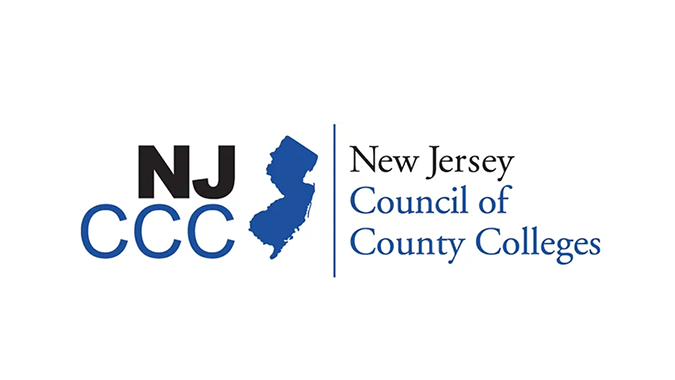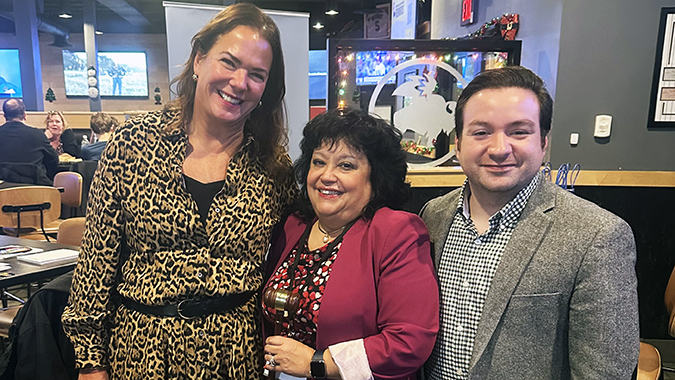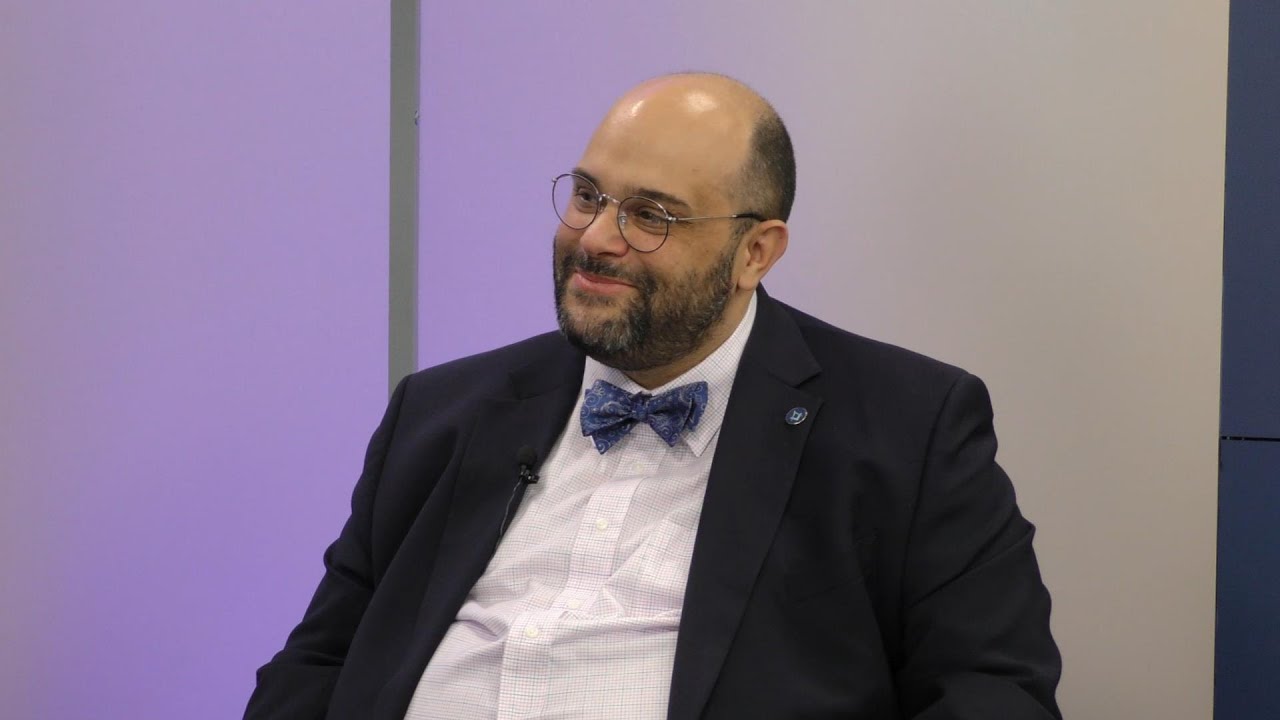The New Jersey Council of County Colleges (NJCCC) released the following statement on the $53.1 billion state budget proposal unveiled by Gov. Phil Murphy this week.
"New Jersey is at a crossroads. To remain competitive in a rapidly changing global knowledge economy and to address persistent and troubling inequality in our state, we need to help more New Jerseyans earn postsecondary degrees and credentials that will enable them to have family sustaining jobs and ensure our state’s economic future. At a time when other states are making significant investments in public higher education, New Jersey risks falling behind.
We commend Governor Murphy for including important support for New Jersey’s Community Colleges and for expanding access for students to a college education through the Community College Opportunity Grant program in his proposed FY 2024 Budget. However, state investment in Community Colleges has not kept pace with the increased cost of providing high-quality and affordable education, driven in no small measure by significant increases in the cost of health insurance, as well as by the expanded demands of leading and serving our communities in the modern economy. More needs to be done in the FY 2024 state budget and beyond if we are to truly expand economic opportunity, build a skilled workforce, and commit to closing equity gaps by race, ethnicity, and geography. This can only be done by ensuring that New Jersey's Community Colleges are the central hub for the type of education and training that can truly change lives.
As open access institutions, our Community Colleges educate more than 180,000 New Jerseyans a year, awarding more than 20,000 degrees. They provide multiple affordable paths to 4-year institutions, workforce credentials, lifelong learning, and good jobs and careers. Many of our students are from marginalized backgrounds, including first-generation college students and students of color. Many are juggling work and family: more than half (57%) of New Jersey Community College students are part-time students. Significant investments in Community Colleges need to be made now to ensure that New Jersey's marginalized communities receive the education and training for tomorrow's jobs that will lift them out of poverty.
We are witnessing rapid and dramatic shifts in the terrain for higher education. From one day to the next, new technologies—AI, AR, VR, data science, robotics, and others—are reshaping how we learn, work, and live, challenging the higher education community to be more agile than ever before.
New Jersey’s Community Colleges are pioneering new modes of instruction, new partnerships with high schools, college and universities and business, new ways of supporting students’ progress in earning credentials and degrees, new models for equity and student success.
Through our statewide NJ Pathways to Career Opportunities Initiative, we are collectively expanding strong partnerships with middle and secondary schools, 4-year colleges and universities, employers, unions, nonprofits, and others. Our Community Colleges are working with state and industry partners to build new programs to educate the workforce for data science, biotech manufacturing, renewable energy, film, and other emerging and growing industries. We are working with the state to expand access to paid internships, to address the mental health needs of students, and to better support students with disabilities and adults with some credit but no degree. We are working with the state to raise the capacity of stakeholders in New Jersey to utilize apprenticeships and degree apprenticeships.
New Jersey Community Colleges are prepared to lead as we embrace a new reality, but this requires a fundamental shift in how we value and resource higher education in our state. In the coming months, New Jersey’s Community Colleges will lead a statewide discussion through a series of convenings of how we can all work together to expand economic opportunity, address equity, and build a skilled workforce. We now invite the Governor, state legislators, and key partners in government, business, education, labor, the nonprofit community, and faith- based organizations to join with the state’s 18 Community Colleges to chart the course to a more prosperous, equitable state."




